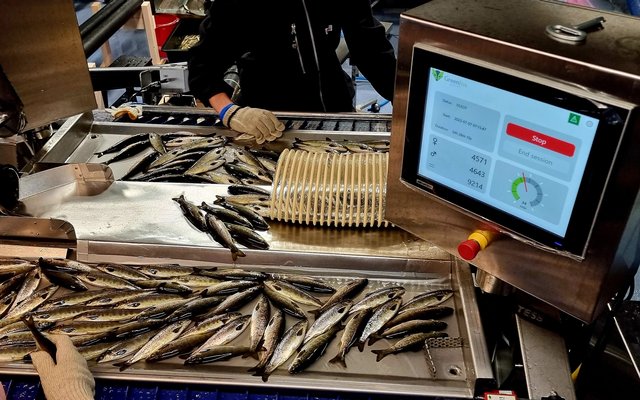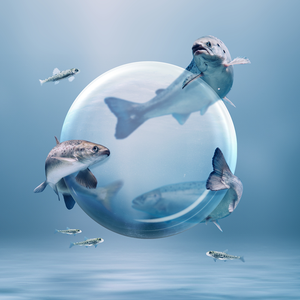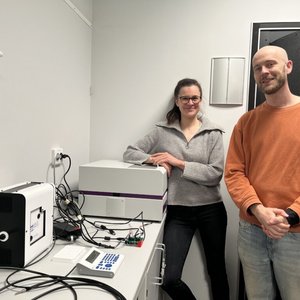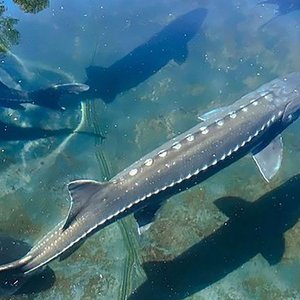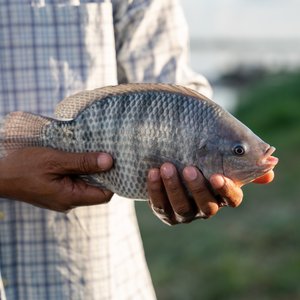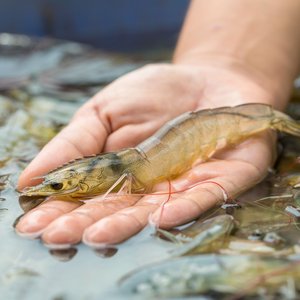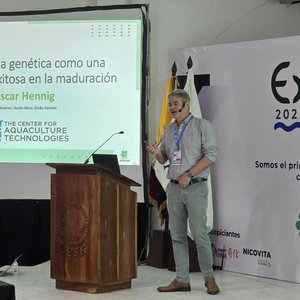Norwegian company GreenFox Marine had its patent application for automatic sex sorting of farmed fish approved in Norway. The solution improves conditions for fish at hatcheries and in cages, increasing fish health and productivity.
“Automatic sex sorting of salmon smolt helps solve one of the industry’s biggest challenges, high mortality in the marine phase while contributing to increased productivity,” said Erling Aspen, CEO of GreenFox Marine. “Having the core function of our technology patented gives us extra security as we move forward, working towards further industrialization on and commercialization of the solution. It’s very rewarding offering breeders a solution we know will increase both the health and welfare of fish.”
GreenFox's now patented machine is an automated solution for sex-sorting fish using ultrasound and artificial intelligence (AI). The company currently has stand-alone machines that sort up to 3,500 fish per hour. Additionally, new machine solutions are being worked on, where the speed can approach 40,000 fish per hour. The machine operates with an accuracy of 97% to 99%.
The sex sorting process is divided into four stages: (1) Anesthetized fish is fed into the machine, where it’s automatically passed over an ultrasound probe; (2) 16 high-resolution ultrasound images of the fish are selected, which are sent to GreenFox's AI model; (3) The AI model takes 0.03 seconds to analyze the images and determine whether the fish is male or female; (4) The fish is sorted into the correct container.
The solution is currently used for both broodstock and hatchery fish. Several of the largest fish farming companies in Norway have already started using the solution such as Aquagen, Mowi, SalMar, Benchmark Genetics and Måsøval, among others, sorting almost 2 million salmon smolts since June.
GreenFox has also sold machines to Scotland and the Faroe Islands, and regularly receives inquiries from several other countries. There has been particular interest from the Chilean market, which currently sex sorts more than 50% of all farmed salmon manually – meaning more than 100 million fish a year.
The solution is to be integrated into vaccination machines so that fish are sex sorted at the same time as they are vaccinated. Aspen said that they are working on several projects, aiming to include additional functions by popular industry demand.
“At the same time as the fish are sex-sorted, we want to give the fish a health index, which says something about the fish’s robustness and ability to survive life in the sea. We will do this by examining abnormalities in the heart, liver, and kidneys with ultrasound,” Aspen said.
“We are already enrolled in a project investigating the heart and have started work on detecting nephrocalcinosis (kidney disease) at an early stage. Nephrocalcinosis is one of the biggest causes of fish death in the hatchery and in the marine phase,” Aspen said.
In the long term, GreenFox will adapt the machine to incorporate more fish species. A survey carried out on behalf of GreenFox revealed a total of 16 species worldwide that are suitable
for farming and would greatly benefit from being sex-sorted using ultrasound. “The industry has already requested sex sorting of several fish species, such as trout, sturgeon, and seabass. We are in the initial phase of a project with Norcod for sex sorting of cod,” concluded Aspen.


